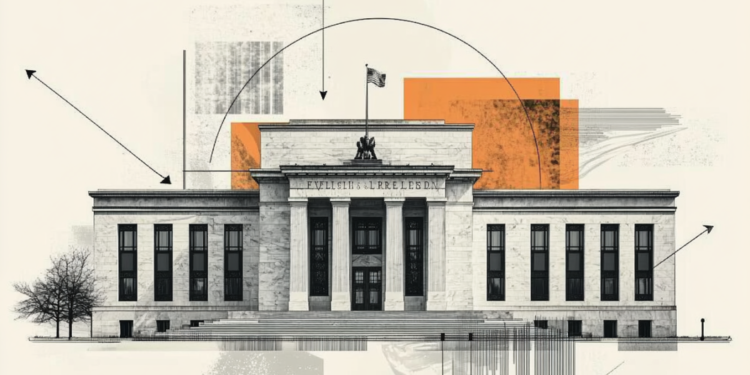The developers suggested an update to Bitcoin to protect it from the threat of quantum computers. The initiative can affect a quarter of all coins and require a transition to a new standard of addresses, reports RBC Crypto.
A group of developers, led by cryptographer Jameson Lopp, introduced the initiative (Bitcoin Improvement Proposal, BIP) to the technical update of bitcoin, which will gradually prohibit the use of outdated types of wallet addresses vulnerable to the attacks of quantum computers.
These include addresses using ECDSA and Schnorr signatures (P2PK and P2PKH formats). About 25% of all bitcoins are stored on them today, including 1 million coins, which are believed to belong to the creator of bitcoin under the pseudonym Satoshi Nakamoto. The P2PK standard is almost not used, but P2PKH is common.
Vulnerability takes place if the address has already been used and its public key has become known, for example, after sending a transaction. The developers warn that over the next years, quantum computers can learn to calculate private keys to well -known public keys, which will make it possible to access Bitcoin stored at such addresses.
In classical cryptography on elliptic curves (including ECDSA and SCHNORR) it is impossible to calculate the private key according to the public, but quantum computers with Shor algorithm can disrupt this one -sided function. Addresses in which a public key is not disclosed (i.e., bitcoins were never spent) are not at risk, because even a quantum computer will not be able to attack the address of one public key alone.
The project was presented at a closed Quantum Bitcoin Summit summit in San Francisco, where potential threats from quantum technologies are discussed. The developers emphasize that the changes will take years, but delaying can turn into much greater risks for the network and users.
Technically, BIP provides for the transition to a new standard of addresses with quantum-resistant signatures (P2QRH). At first it will be forbidden to send funds to vulnerable addresses, later it will become impossible to spend the funds already stored on them. It is also considered the possibility of restoring access to frozen coins through evidence of the ownership of the SEED-fraza.
Coins that lie on the addresses of the old format, from which transfers have never been made, are considered safe. But in the case of a proposal, all network participants (from wallets to exchanges and miners) will have to go to a new standard of addresses in order to maintain access to funds.
To introduce the update, consensus and activation through the so -called Soft Fork will require after approval by developers, miners and other major network participants.
Be in the know! Subscribe to Telegram.
Source: Cryptocurrency
I am an experienced journalist and writer with a career in the news industry. My focus is on covering Top News stories for World Stock Market, where I provide comprehensive analysis and commentary on markets around the world. I have expertise in writing both long-form articles and shorter pieces that deliver timely, relevant updates to readers.







